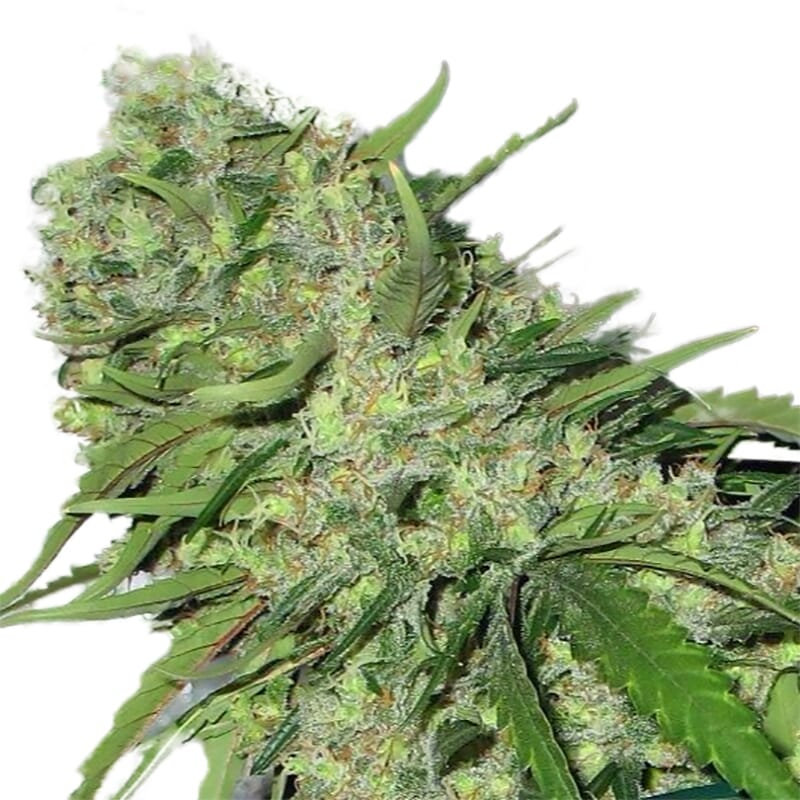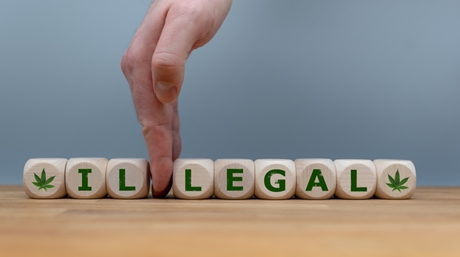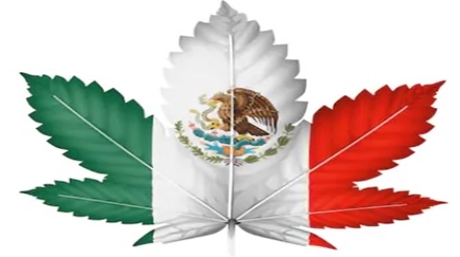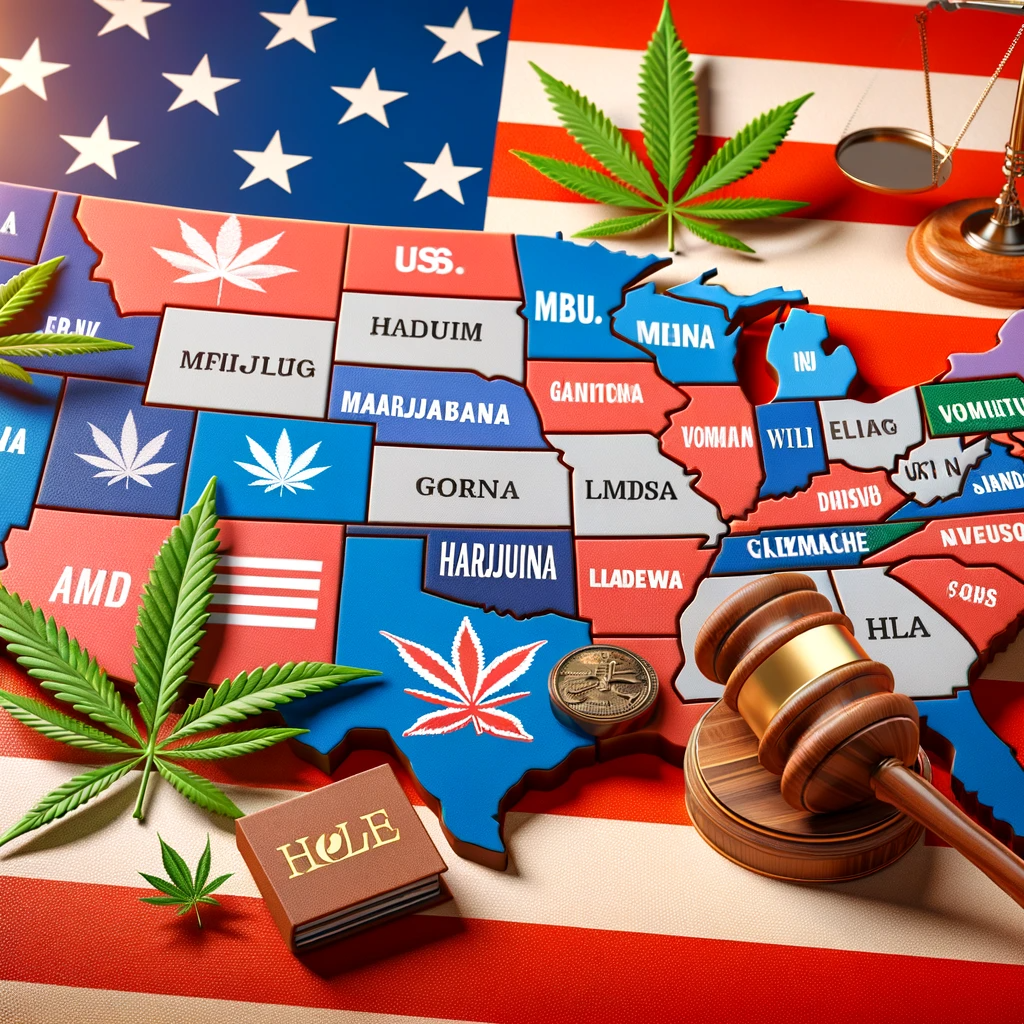Approximately ten years ago, Uruguay became the first country to legalize the production and sale of marijuana, although regulations for recreational use were implemented starting in 2017. Through two changes in government, first with Tabaré Vázquez and then with Luis Lacalle Pou, the strategy initiated by former President José Mujica has remained unchanged.
Uruguayan example
Of the estimated 250,000 people who consume marijuana in Uruguay, 39% acquire it legally, according to a study by the Institute for the Regulation and Control of Cannabis (IRCCA). These individuals are registered in one of three options in the regulated market: purchasing from pharmacies, membership in cannabis clubs, or domestic cultivation. However, this approach only benefits registered users and excludes more disadvantaged sectors that do not register. This has led to the creation of a generation of young people without access to legal cannabis who turn to the black market, raising concerns about their health.
Registration is considered a critical point in the law, and some argue that the regulation is designed for a limited segment of the population. This gap between registered users and the total number of consumers has led to a “gray” market that supplies surplus marijuana production. This market involves individuals who are not necessarily traffickers, such as growers selling cannabis illegally.
A “gray” market sustains cannabis produced legally but sold illegally, even to tourists excluded from legal channels. It was argued that legalization would help combat drug trafficking, but some point out that this does not depend solely on cannabis and must be addressed in a broader regional context.
Uruguay became an exception by legalizing recreational use before medicinal and industrial uses. Cannabis regulation is based on the percentage of tetrahydrocannabinol (THC), its main psychoactive component. Despite having a law in 2019, production and use for medicinal purposes remain incomplete due to bureaucratic obstacles, high licensing costs, and delays in issuance. This has affected industry development and led to a decrease in the number of operational companies.
Currently, Uruguay has maintained its marijuana legalization strategy but faces challenges related to registration, the “gray” market, and the lack of regulation for medicinal and industrial uses. Although legalization has had mixed impacts on drug trafficking, it remains a topic of debate in the region.
















